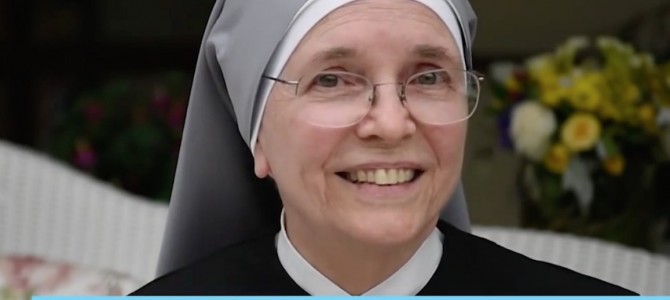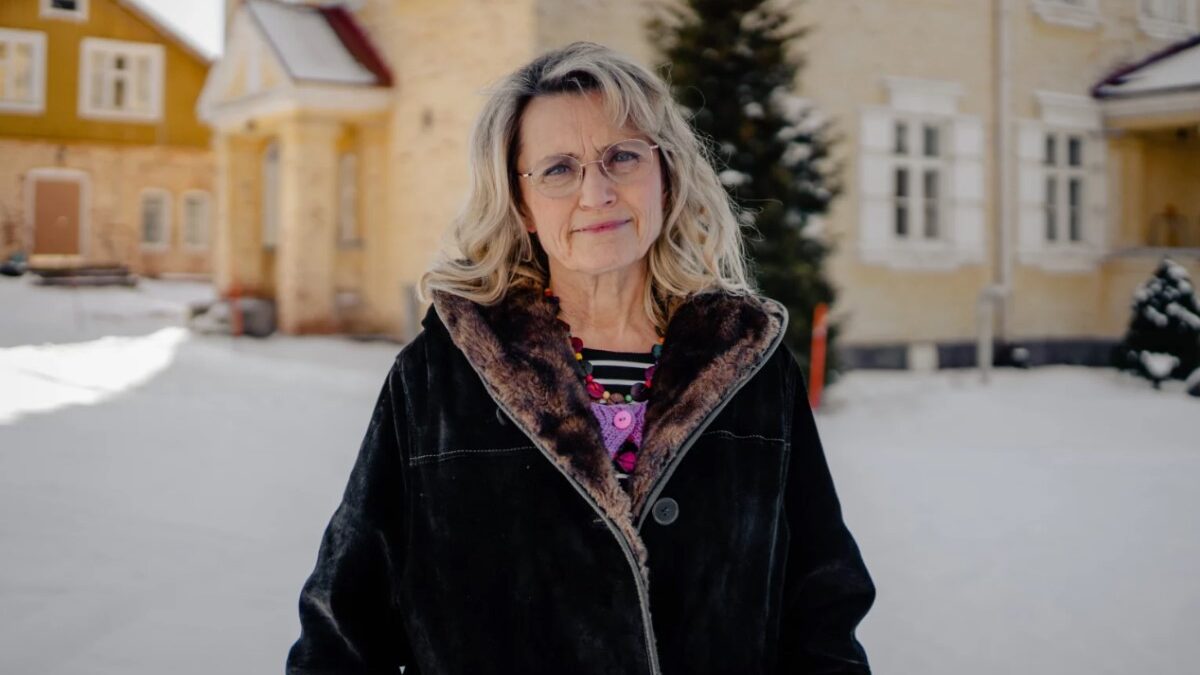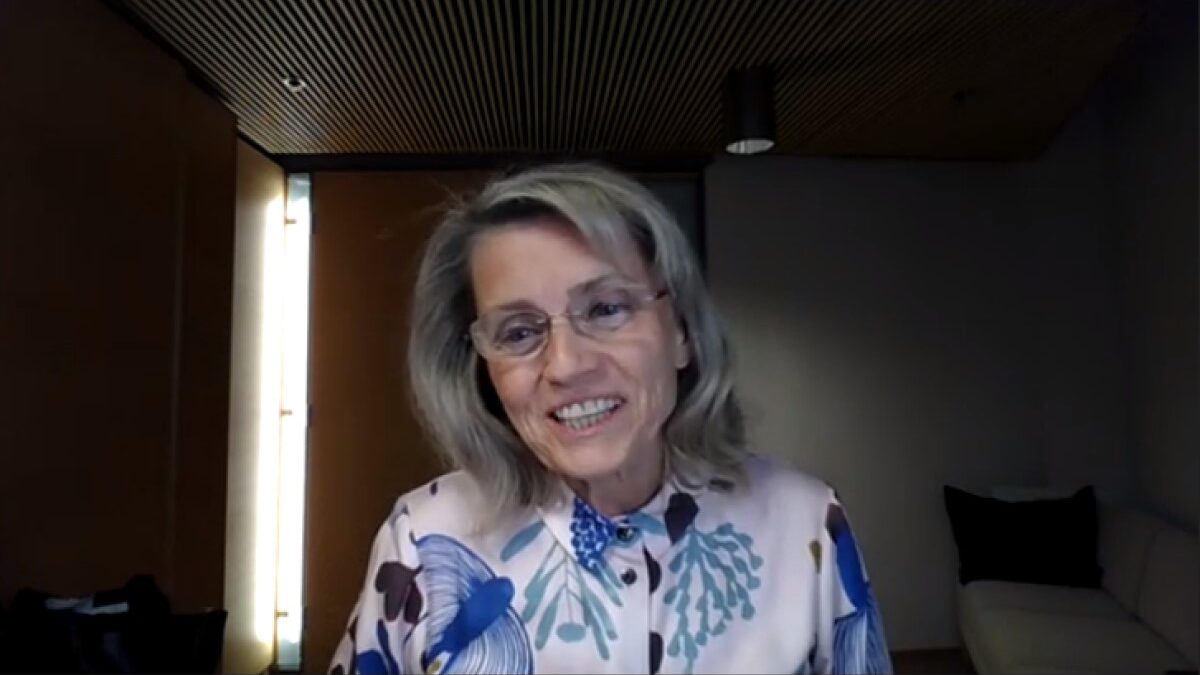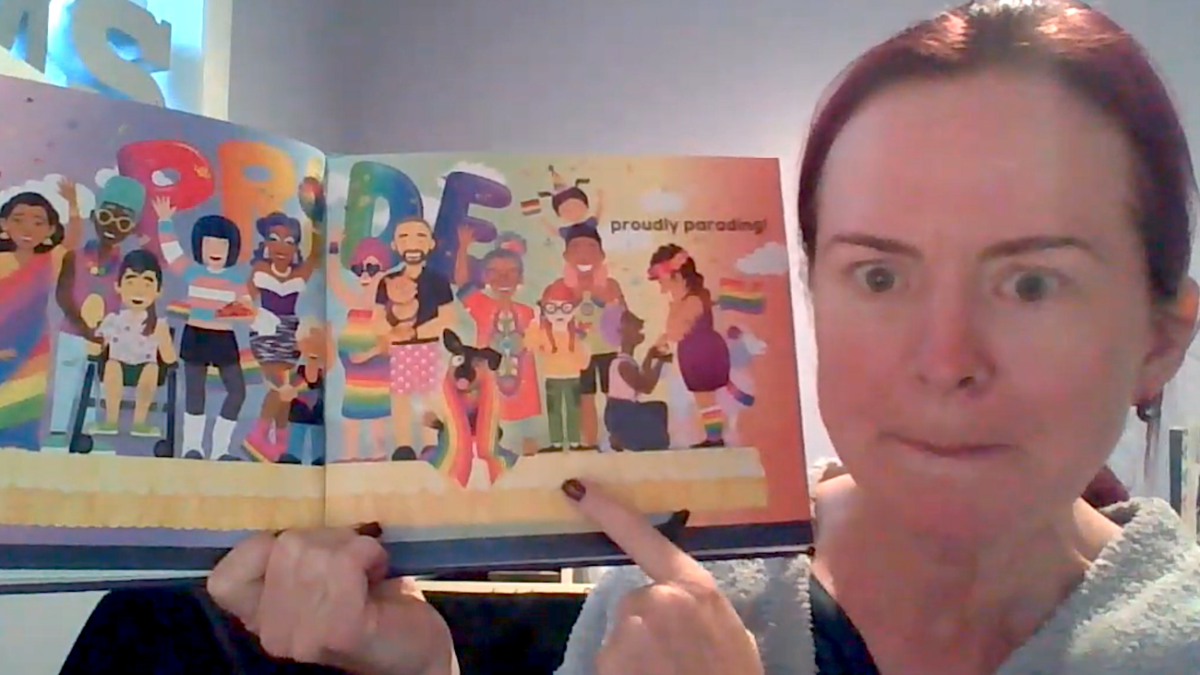On March 23, the Supreme Court will hear a critical case determining whether religious groups and nonprofit organizations, like the Little Sisters of the Poor, must provide contraception and abortifacient health insurance coverage against their religious convictions. As a young woman fresh out of college, I’m watching this debate with a curiosity heightened by the fact that I once lived in religious life.
When I was 19 years old, I entered a religious order. Now, before you paint me as some religious zealot who is not engaged in reality, let me tell you that I was just as saturated in the world as you.
I was just like any other student in college. I was dating and had a job. I was president of two student organizations, and maintaining an above-average GPA. I lived with my best friends on a campus with a typical college life—with diverse academic programs, sports, and, of course, parties.
But this life wasn’t as happy and freeing as everyone said it would be. I saw the walks of shame girls had to take the morning after a casual hook-up. I heard the heartbreak, frustration, and disappointments that followed a “night of fun.” And I saw the big vat of emptiness this “free contraception” culture offered me as a young woman.
A Search for True Freedom
Then I met religious sisters a lot like the Little Sisters of the Poor. Their joy was attractive, contagious even. They were smart and talented; in their “previous lives” many of them had been lawyers, doctors, Broadway dancers, Wall Street financiers, and everything in between. They carried themselves with a happiness that told me they knew a different way of living. They knew what it meant to be free.
“Maybe this is the freedom I’m looking for,” I thought to myself. So I took a risk and decided to try out this “alternative lifestyle.”
As a fashion-loving woman, I struggled to understand how one could wear the same, shapeless thing every day. As I learned this new way of life, I was the first to wear a sweater over my less-than-flattering polyester vest, and admit to being seriously tempted when my grandma told me she would buy me those flashy red leather pants if I left. At the same time, although it seems counterintuitive, the routine of “the vest,” prayers, and chores freed my mind to consider more deeply what it means to be a woman.
I began to see that flowing, and often stained, habit as an exquisite sign of beauty because it represented the entire life these women had committed to. It reminded me of my own mom in many ways, who, while suffering with breast cancer, wore her baseball hat over her bald head as she drove her kids to soccer practice and school. The habit and the baseball cap were signs of freedom and commitment: “Through heaven and hell I will serve my children, dammit!”
My time in a convent was in stark contrast to the hook-up and party scene in college, which looked for freedom and happiness in the pleasure a woman could get (but so regularly didn’t). The religious women I lived with and the Little Sisters of the Poor have taught me that happiness and freedom as a woman—whether inside religious life or not— exists in stretching yourself to give to others beyond what you think is possible.
We Should Let Them Serve
These women are not the “slap your wrists” nuns you had when you were in grade school. The Little Sisters of the Poor are the women who end up listening to all the problems, woes, joys, and sorrows of the people they encounter. They’re the type of women that MTV, Oprah, PBS, and others seem so interested in featuring on their shows. In the case of the Little Sisters, these are women who do what few will choose: serve the dying to their last breath, so they know they are not alone.
Of course, the religious life is not for every woman. It wasn’t for me. But contraception and abortifacients are not for every woman, either. Therefore, the government’s insistence on trampling the religious convictions of a small order of nuns in the name of “all women” is insulting to a woman like me.
If the Little Sisters are forced to comply with this mandate against their conscience, they will face $70 million in fines. If they have to close their doors, God forbid, not only will the elderly poor lose, but young women like me—looking for a different way to be a woman in the world—will lose.
So, on March 23, when the Supreme Court hears their case, I’ll be right outside, participating in the Let Them Serve rally, supporting the Little Sisters and their co-plaintiffs. That’s because, when it comes to freedom for women, there is no one-size-fits-all lifestyle. More importantly, I’ll be there because when it comes to religious freedom, if you’re not on the side of religious sisters and religious women, you’re on the wrong side!









